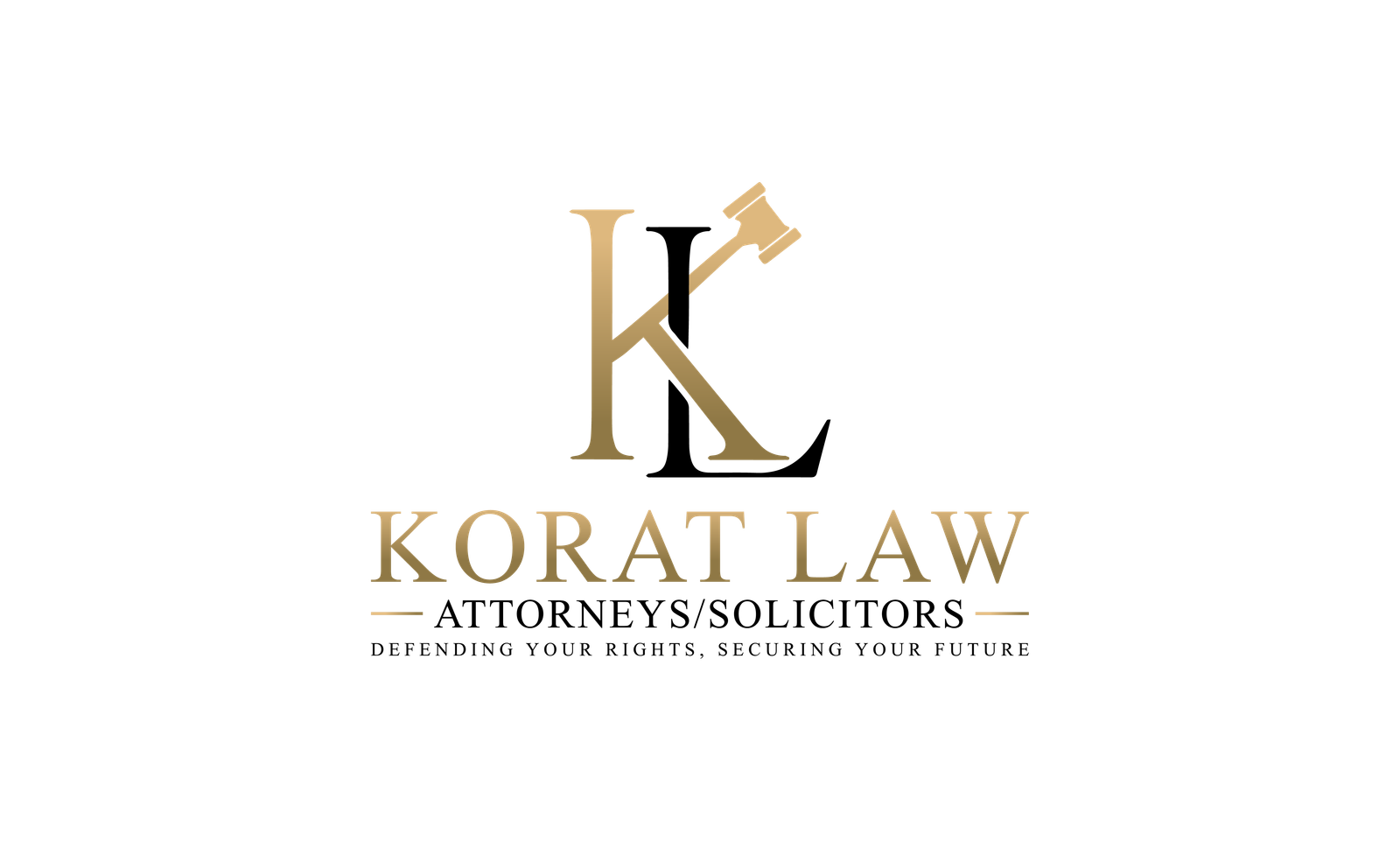If you’ve never worked with a lawyer before, scheduling a consultation can feel a little intimidating. What will they ask? How much will it cost? Will they take your case seriously?
The good news: a first consultation is simply a conversation—and it’s designed to help you as much as it helps the attorney. Here’s what you can expect, and how to make the most of your initial meeting.
1. Understanding the Purpose of the Consultation
The first meeting is usually a chance for both you and the attorney to assess whether you’re a good fit. You’ll have the opportunity to:
- Explain your legal issue
- Ask questions about your rights and options
- Learn how the lawyer might approach your case
- Get clarity on legal fees and what to expect if you move forward
In many cases, law firms offer this consultation at low cost—or even for free—especially in personal injury, criminal defense, and family law matters.
2. What You Should Bring With You
To make the most of your time, come prepared with any relevant documents or information related to your issue. This might include:
- Contracts, agreements, or letters you’ve received
- Court paperwork or notices
- Police reports or medical records (if applicable)
- A written timeline of events
- A list of questions you want to ask
Even if you don’t have everything, bringing what you can will help the attorney give more accurate advice.
3. What the Lawyer Will Ask You
Expect the attorney to ask for a clear explanation of the situation. They’ll want to know:
- What happened and when
- Who’s involved
- Any steps you’ve taken so far
- What outcome you’re hoping for
Be honest and thorough—even uncomfortable or embarrassing details can be important. Everything you say is confidential, even if you decide not to move forward with that lawyer.
4. Discussing Legal Strategy and Costs
If the lawyer thinks you have a valid case or issue, they’ll likely talk about next steps and how they would handle your situation. They’ll also explain:
- How they charge (hourly, flat fee, contingency, etc.)
- What the estimated costs might be
- What your responsibilities will be during the process
Don’t be afraid to ask questions—this is your chance to understand the process, so you can make an informed decision.
5. Deciding If the Lawyer Is Right for You
Beyond legal skills, you want someone you trust and feel comfortable with. After the meeting, ask yourself:
- Did they listen carefully and communicate clearly?
- Did they explain things in a way I understood?
- Do I feel confident in their ability to help me?
A good lawyer-client relationship is built on trust and communication—your first meeting is the first step in building that foundation.



A wonderful serenity has taken possession of my entire soul, like these sweet mornings of spring which I enjoy with my whole heart. I am alone, and feel the charm of existence in this spot, which was created for the bliss of souls like mine. I am so happy.
My Dear Friend, So Absorbed In The Exquisite Sense Of Mere Tranquil Existence, That I Neglect My Talents.
I feel that I never was a greater artist than now. When, while the lovely valley teems with vapour around me, and the meridian sun strikes the upper surface of the impenetrable foliage of my trees, and but a few stray gleams steal into the inner sanctuary.